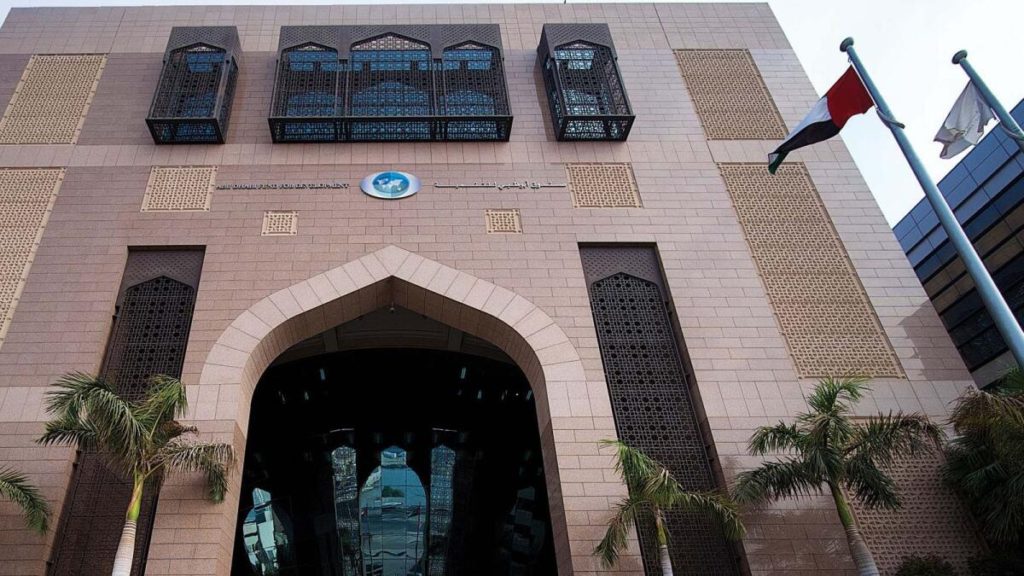Since 1974, the Abu Dhabi Fund for Development (ADFD) has funded development projects in Jordan totaling nearly Dh6.5 billion ($1.76 billion).
These projects have “collectively raised the standard of living in Jordan and helped the government to fulfill its sustainable-development objectives”, ADFD said in a statement on Tuesday.
“The relations between the UAE and Jordan exemplify an ideal bilateral partnership, which benefited both countries,” Mohamed Al Suwaidi, ADFD’s director-general, said.
“By financing many development projects, the UAE and ADFD remained a genuine supporter of the advancement of Jordan’s economy and society.”
The benefits of the projects funded by ADFD in Jordan are reflected in the “phenomenal improvement and diversification of infrastructure” in various areas such as education, transport, energy, housing, and agriculture, Mr. Al Suwaidi added.
The UAE and Jordan have strong bilateral relations. Trade between the two countries jumped to Dh10.4bn in 2019 from Dh1.9bn in 2010, an increase of nearly 450 percent, according to official data.
The UAE’s direct investment in Jordan stood at about Dh62.6bn, while Jordan’s investment in the Emirates is nearly Dh4.5bn.
Jordan, which celebrates its 76th Independence Day on Wednesday, received a grant amounting to $5bn from the GCC in 2013, of which the UAE’s contribution was nearly $1.3bn.
The ADFD managed the UAE’s grant to Jordan by directly overseeing the projects that had a significant impact on the country’s economy.
Established in 1971, the ADFD aims to help developing countries strengthen their economies by providing concessionary loans for development projects, as well as through long-term investments and direct contributions.
“ADFD looks forward to consistent socio-economic co-operation with Jordan to enable it to overcome any challenges in the way of accomplishing its developmental goals,” Mr. Al Suwaidi said.
The UAE has also helped to raise foreign exchange reserves by depositing the entire grant with the Central Bank of Jordan, thus improving the efficiency of the country’s financial system.
Last month, Jordanian Prime Minister Bisher Al Khasawneh said economic conditions in the country are “strong and firm”. He added that the central bank has $17bn of foreign currency reserves, which include reserve requirements from commercial banks.
In December, the international rating agency Fitch revised its outlook on the risk of Jordan defaulting on its long-term foreign currency debt to stable from negative.
The agency said the move reflected the kingdom’s “progress on fiscal consolidation and post-pandemic economic recovery”.


